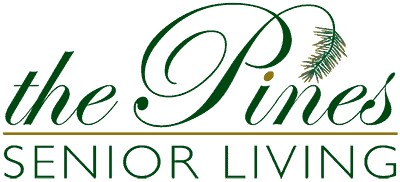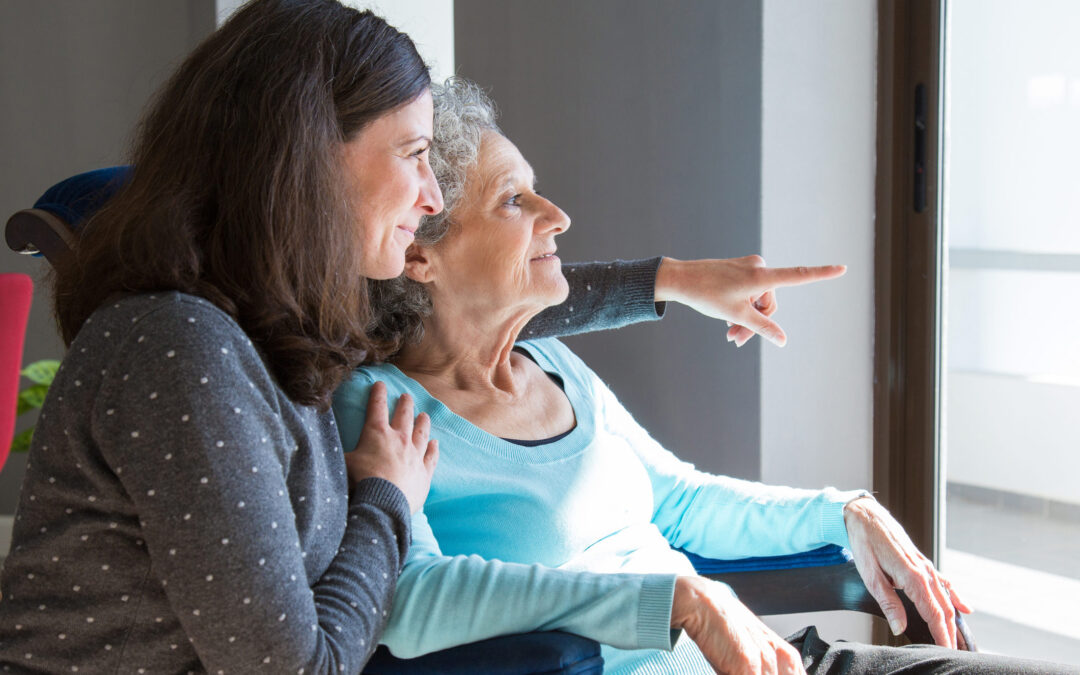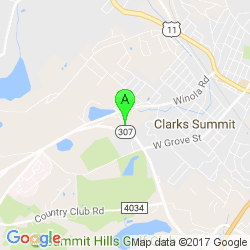Seniors living in Northeast Pennsylvania can relate to the fact that getting old is no fun! Even worse is watching our parents age. It can be painful to see the decline of once vibrant and strong fathers who weaken and slow, or quick-witted and sharp mothers who become confused and easily flustered. Managing emotions and making decisions to best care for our aging relatives is difficult, and it can be tough to determine when it’s no longer safe for an aging parent to live alone. There are many resources available online about caring for the elderly, but often families benefit from local professionals to guide them through the maze of decisions. For those in the Clarks Summit region, here are some signs area that might indicate it’s time to consider other living arrangements:
- Physical Health Decline: Frequent falls, unsteady gait, or noticeable deterioration in health or mobility can be red flags.
- Cognitive Decline: Issues like memory loss, confusion, difficulty with problem-solving, or changes in behavior and personality might suggest cognitive impairments.
- Neglected Personal Care: Poor hygiene, unkempt appearance, or not attending to medical needs might indicate that your parent is struggling with self-care.
- Unsafe Home Conditions: An unclean or cluttered home, expired food in the refrigerator, or signs of neglect can point to difficulties in managing household tasks.
- Medication Management Issues: Missed medications, incorrect dosages, or confusion about medication routines are serious concerns.
- Social Withdrawal: If your parent is isolating themselves or losing interest in social activities, it could be a sign of depression or other issues.
- Financial Difficulties: Trouble managing finances, paying bills, or dealing with financial documents may indicate cognitive or organizational difficulties.
- Frequent Emergency Visits: Repeated calls to emergency services or frequent hospital visits might indicate that living alone is no longer safe.
- Difficulty with Daily Activities: Challenges with tasks like cooking, cleaning, or managing household chores can be signs of difficulties with daily living.
- Safety Hazards: If the home has safety hazards like inadequate lighting, lack of grab bars, or tripping hazards, it may pose a risk.
It’s important to approach these conversations with sensitivity and respect, involving your parent in the discussion and exploring options together. Seeking advice from healthcare professionals or geriatric care managers can also be helpful in assessing the situation and determining the best course of action.
For some families, living arrangements may need to change. Some families move-in together or help an aging loved one downsize. Others conclude that moving into a senior living community is a great option due to available care, nutritious meals, proper taking of medications, and sometimes assistance with memory care and cognitive impairments.
If you are considering senior living or memory care as an option, we know that it is big, and hard, decision. We invite you to The Pines Senior Living for a tour, to meet our staff, learn about our care, and see if we can increase your loved one’s quality of life….and your quality of life!
Schedule a tour by calling 570-587-7709 or emailing us from our contact form.


